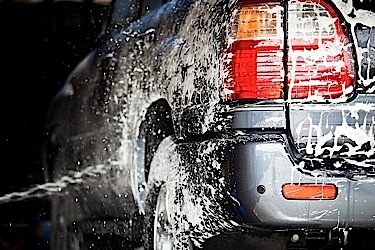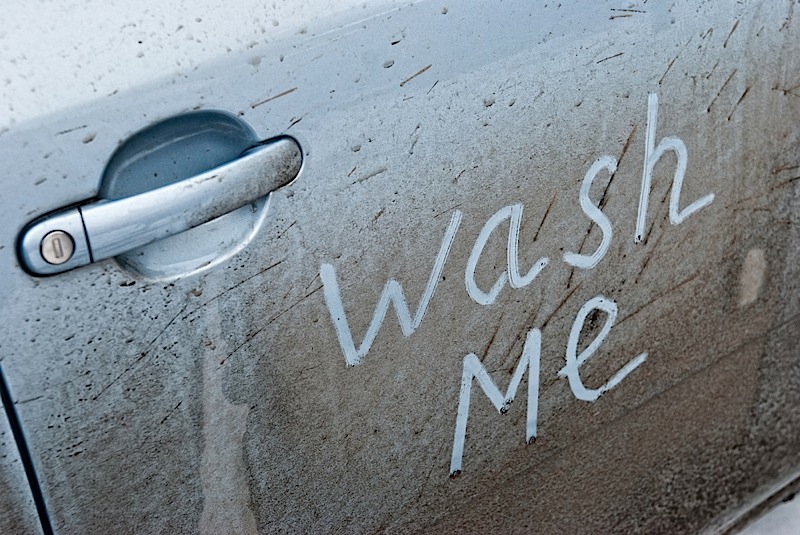There will be no recalls on some GM vehicles for brake line corrosion. Instead, we received an advisory from the National Highway and Traffic Safety Administration (NHTSA) about brake line inspection and car washes. What was not discussed was the corrosion prone materials GM and other manufacturers used for brake lines during this period.
It all started in 2012 when NHTSA started to see a large volume of 1999 to 2003 GM full-sized SUVs and pickups having corrosion issues with the brake lines. This group was also the most vocal.
The conclusions of the investigation was the corrosion was normal and the vehicles in question only had a 3% to 4% higher rate of brake line failure. NHTSA’s data indicate the brake line corrosion seen in the GM GMT800 platform was not unique. Similar vehicles using “comparable brake lines” were experiencing similar corrosion issues.
The key phrase is “comparable brake lines” in the public announcement. The final report goes much more in depth on the topic. According to the report, the GM vehicles in question used Bundy tubing coated with an aluminum-rich paint called AlGal. This coating was added to prevent corrosion of the galvanized mild-steel lines. Unfortunately, AlGal paint is not very abrasion resistant against impact or pecking damage.
The AlGal paint process was starting to be phased out in 2002 by GM and other manufacturers like Ford and Chrysler. As of the 2012 model year, no vehicles used AlGal lines.
The replacement for AlGal lines is Nylon coated lines called NyGal. While still mild steel Bundy tubing, a coating of primer/adhesive and an outer sheath of Nylon 12 protects the line.
NHTSA gave three pieces of advice to motorist. Two are sound advice. The third needs a little more research in my opinion. The first two points were to perform regular inspection and to replace the entire brake line if there is a leak.
The third point was probably written by the “car wash owners lobby:
Remove road salt that leads to corrosion:
- Thoroughly clean your vehicle, including the undercarriage, at the end of the winter.
- Regularly wash the undercarriage throughout the winter.
I have some problems with the last piece of advice. When the brines are dry and chalky, they do the least damage. When they are activated by water, the corrosion process dramatically increases.
If you were to purchase an “undercarriage wash” at a car wash (20-30 seconds at the most automated/automatic car washes) it could be activating the dried brines and salts if they were not fully washed away. Also, most car wash undercarriage washes can’t remove all of the corrosive compounds, especially between the fuel tank and floor pan.
The advisory does not outline what is a “thorough cleaning” at the end of winter, who should perform it and with what equipment. Is it high pressure washing with the vehicle on a lift? Do some car washes have the equipment? Can it be done with a garden hose? Where do you spray?
The one thing I agree with is that this is not a vehicle defect that deserves a recall. Even with AlGal lines, the vehicle did perform within specifications put forth by NHTSA. If NHTSA was to carry out a recall for these lines, it would make the airbag controversy look very small.
The one thing the report did not discuss was the use of brines and other de-icing compounds increasing corrosion. That is the topic for my next column.

